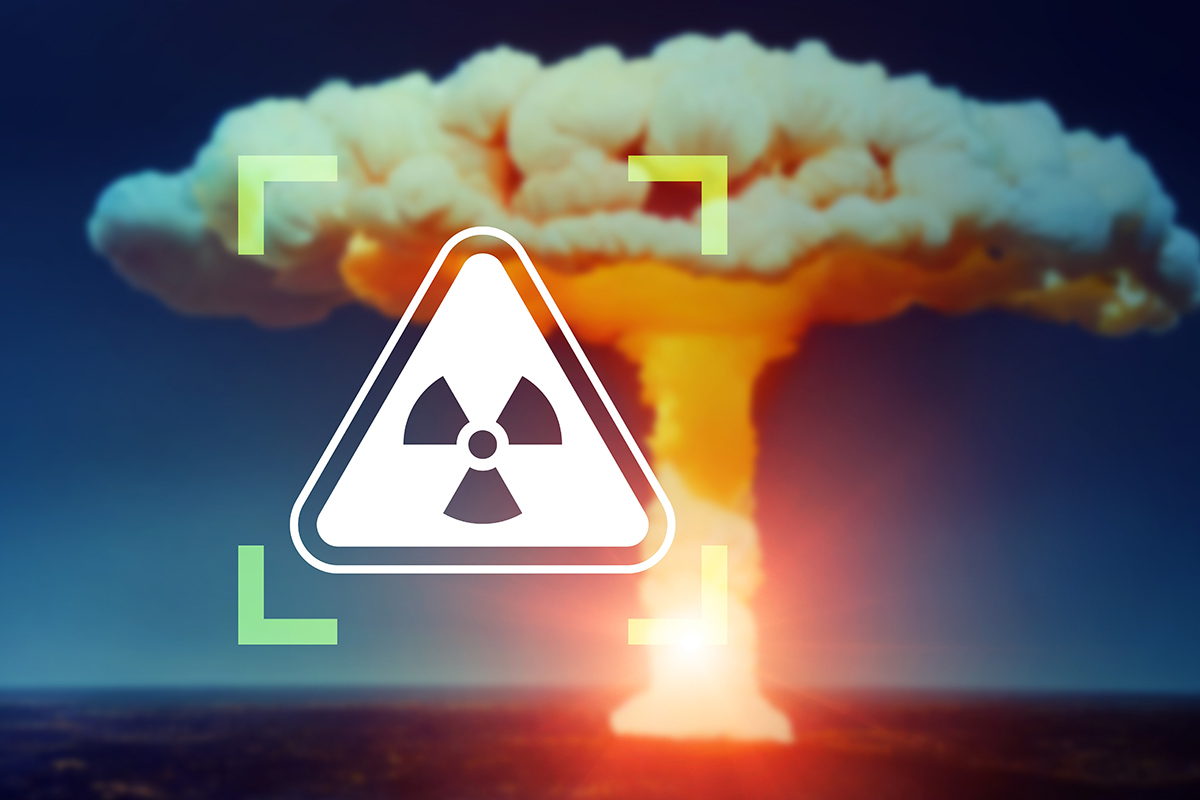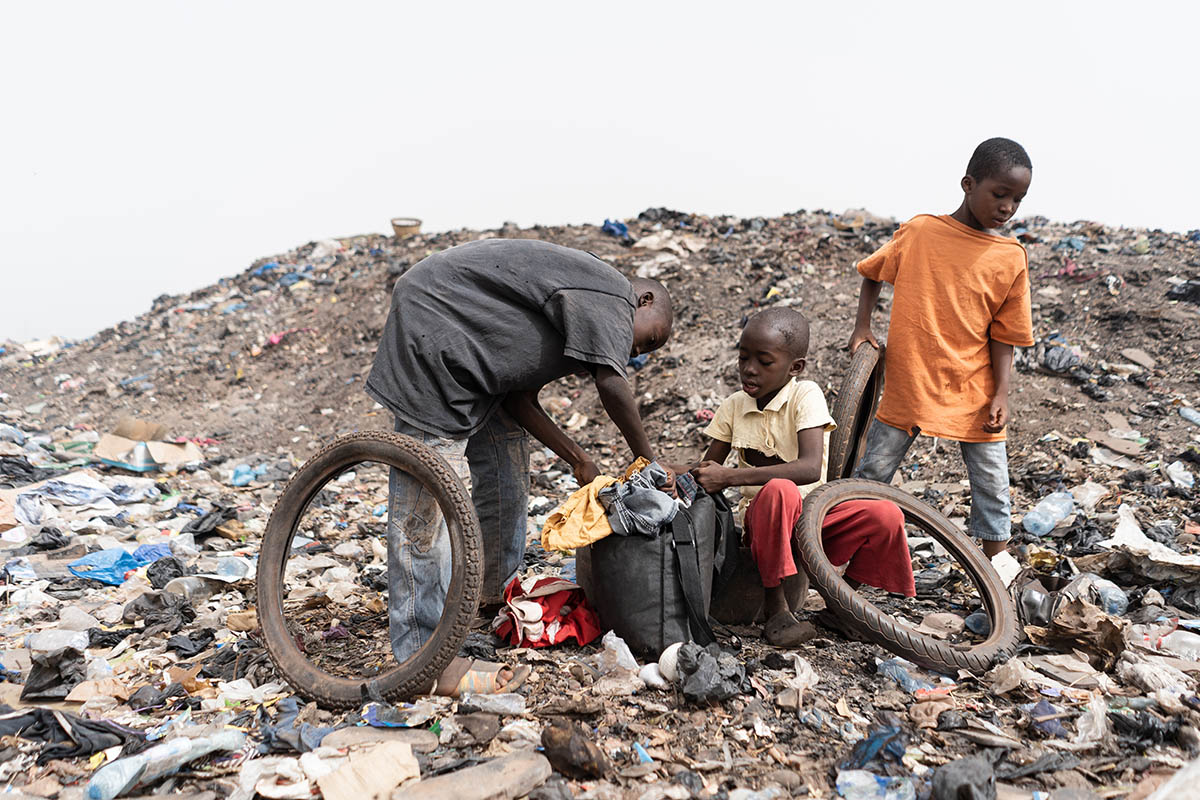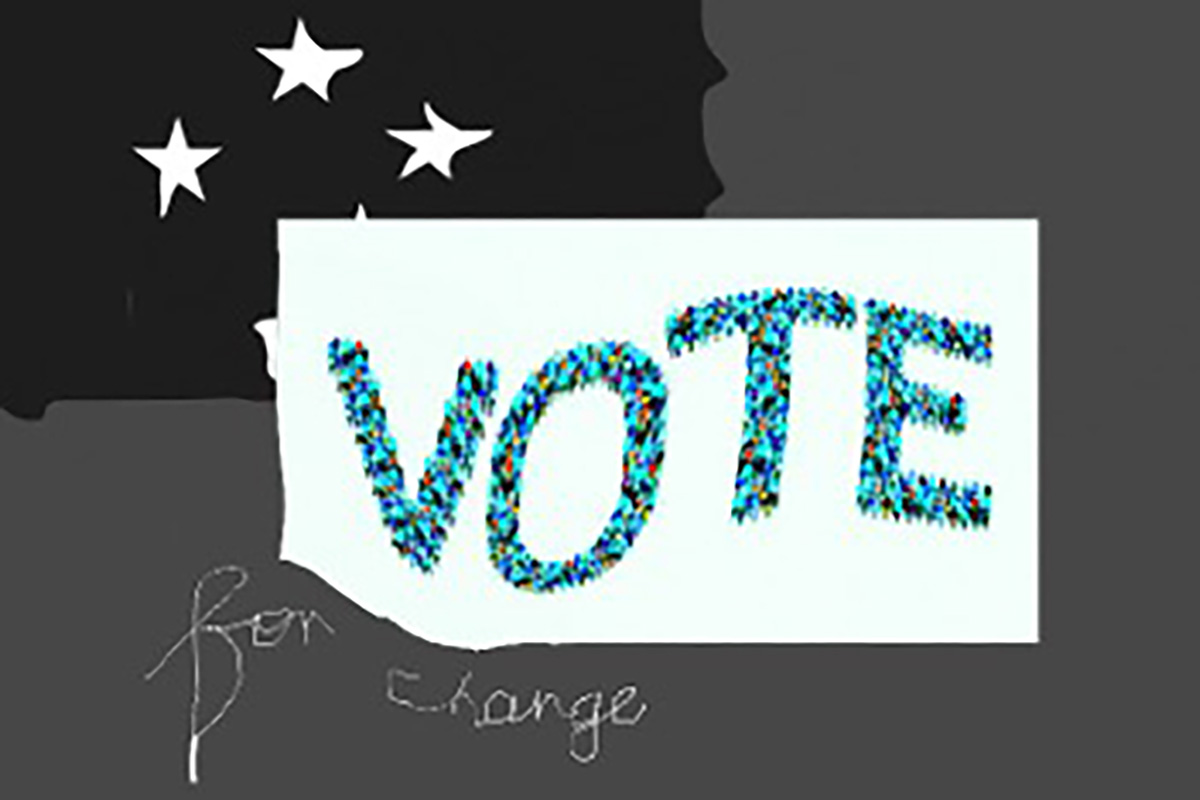Should Canada sign the Nuclear Weapon Ban Treaty?
April 27by Riya Mehta
This article explores the heavily disputed question as to whether Canada should sign the Treaty on the Prohibition of Nuclear Weapons (TPNW) also known as the Nuclear Weapon Ban Treaty. While Canada’s Parliament has called for a more profound commitment to nuclear disarmament and non-proliferation, its membership in the North Atlantic Treaty Organisation (NATO), which stresses a “nuclear weapons first-strike policy,” has effectively hindered the administration’s ability to ratify the treaty. Amid the rising concerns of geopolitical volatility, Canada’s firm silence on the topic is quite questionable, and it simply cannot support the nature of denuclearization, while simultaneously avoiding compliance with the accord that bans arms.
In this op-ed, I strongly argue that Canada must sign the TPNW, not just to affirm the value of human rights and international justice, but also as a strategic move to assert itself as a leader and advocate for diplomacy, multilateralism, and moral clarity. This piece illustrates Canada’s restrictive relationship with NATO as a nuclear alliance, the ethical obligation Canada has to preserving humanitarianism, and presents a feasible approach for Canada to maintain its strategic alliances while standing up for global peacekeeping initiatives.
With the anniversaries of the atomic bombings of Hiroshima and Nagasaki approaching in August, this is the ideal time for Canada to make a bold and courageous stand on one of the most divisive security concerns of our time.
We May Be Polite, But Are We Too Passive?
In this day and age, the threat of nuclear war feels extremely reminiscent of Cold War Era nuclear escalation – except this time, Canada, revered as being the “champion of new age diplomacy,” remains quiet on the sidelines, as the world witnesses what very well could be the destruction of mankind as we know it. We cannot afford to sit this matter out. And yet, it seems as if Canada has already come to that decision a long time ago, as their refusal to observe, let alone sign the Treaty on the Prohibition of Nuclear Weapons (TPNW) speaks volumes about their character as nation state.
2020 marked the year that the former Canadian minister of foreign affairs Lloyd Axworthy took a powerful stand and mounted a campaign alongside 55 other non-nuclear weapons states (NNWS), to call for their countries to ratify and sign this treaty. Their plea emphasized that it is our global leaders and heads of state who have a responsibility to their citizens, to ensure a protected future without the existence of apocalyptic weapons systems.
The very stigmatization and delegitimization that countries will endure for stockpiling, production, and use of nuclear weapons with this agreement in place is imperative in order to pressure states into adopting humanitarian forward policies. To provide some background, the TPNW was first adopted and endorsed by the United Nations in 2017 and entered into force in 2021.
As a one-of-a-kind legally binding instrument, the treaty is classified as a Weapon of Mass Destruction (WMD), and severe consequences persist for any state that chooses to violate the accord. The TPNW prohibits a wide range of nuclear activities, including: the development, testing, acquisition, production or amassing of this type of weaponry. Threatening to deploy, mobilize, or station atomic weapons on sovereign territory is strictly forbidden, as is inducing or assisting other nation-states in these endeavors.
As of 2024, 73 countries have become signatories of the treaty and an additional 25 states have become willing parties but have not yet agreed to be bound by it. Canada, however, is noticeably missing from this list, and it’s not due to mutual public consensus. In fact, a poll conducted by Nanos Research in 2021 reveals that over 80% of the domestic Canadian population supports joining, observing, and participating in the TPNW. The political will remains fierce for pushing this legislation through, by civil society leaders, youth activist groups, and humanitarian organizations. Indigenous communities that have suffered the lasting impacts of uranium mining post-World War 2 also echo this call, having borne the brunt of nuclear production, and recognize that being a signatory is the first step towards a reconciliation framework.
Even with the overwhelming majority backing this landmark agreement, Canada’s strategic and military alliance to NATO greatly complicates its ability to observe and approve the treaty. NATO’s doctrine is rooted in utilizing nuclear deterrence to dissuade adversaries from engaging in warfare and thus acts as a collective security pact for members. Nuclear weapons are a core component of its policies, citing that “nuclear weapons are the supreme guarantee of the security of the Alliance.” This puts the TPNW at odds with NATO; on one hand, the treaty itself bans any nuclear planning and mobilization, and on the other, supporting any such accord would potentially undermine and threaten alliance unity. It’s also worth mentioning that Canada (as a non-nuclear armed country) directly benefits from nuclear-aligned actors such as the United States, France and the United Kingdom for protection under this nuclear umbrella.
That being said, Canada still has a chance to redefine this understanding of national and collective security, and shift it towards a future where diplomacy, cooperation and people-centric policies are first and foremost. The first step in this journey would be observing and sitting in at the Fourth Meeting of State Parties (4 MSP) during early spring 2026, under the TPNW. Contributing to powerful, meaningful and mediated dialogue displays a willingness to listen to the concerns of the international community, and Canada wouldn’t be alone in this either. Both
Norway and Germany (NATO members), took part in these meetings in June 2022-Germany again in 2023, and will likely hold the status of being an observer once again.
Bringing the robust issue home is crucial as well. There must be additional and ongoing (at least quarterly) parliamentary debates to reassess our stance on this treaty in the context of great power competition over nuclear arsenals. These debates ought to be more transparent and consider multidimensional arguments, such as the environment, healthcare, public opinion, infrastructure, economy, geography and allies.
Canada is in a unique position to bridge the gap and reach across the aisle between nuclear and non-nuclear states through our legacy of diplomatic credibility, affirming the narrative that the vision of peace is not achieved through coercion or intimidation, but nurtured through the practice of justice, communication and shared humanity. There’s simply too much on the line to be complacent about a dilemma that will shape the world for generations to come, and world leaders have gotten too accustomed to flirting with disaster. It’s time for Canada to sign the Treaty on the Prohibition of Nuclear Weapons.
Riya Mehta is a political science and economics student at the University of Toronto, passionate about leveraging emerging technologies to solve global challenges. As a Youth Council Member at UNIDO, she co-creates impactful youth policies and advocates for social justice. Her focus lies in building sustainable communities, advancing innovation, and creating global advocacy networks




